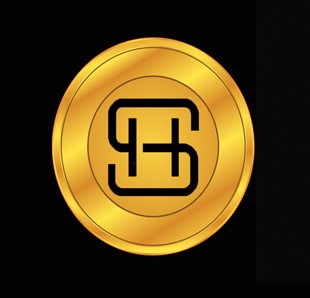John Dewey, writing in Teacher Magazine:
“There is no God and there is no soul. Hence, there are no needs for the props of traditional religion. With dogma and creed excluded, immutable truth is also dead and buried. There is no room for fixed, natural laws or moral absolutes.”
“Soul Searching,” Teacher Magazine, Sept. 1933
For Dewey’s philosophical pragmatism and his plan for education, see Part Nine of the 15-lecture series by Professor Stephen R.C. Hicks, Rockford University: Pragmatism and Education. What did the great Pragmatist philosophers, and John Dewey in particular, believe and how they apply it to education?

Previous lectures in the series:
Part One: Introduction: What is the purpose of education, and what is philosophy’s relevance?
Part Two: Reality: Metaphysics and Education: The Creation Story, the Big Bang Story, and more.
Part Three: Knowledge: Epistemology and Education: If education is about the transmission of knowledge, then what is knowledge? Or if it’s about training young people’s habits of mind, then what about alertness to evidence, skill with logic, and a commitment to reason? Does faith work? Is everything just opinion?
Part Four: Human Nature and Education: Free will and determinism, reason and emotion, the mind and the body, and more.
Part Five: Ethics: If education is to prepare students for living the best possible life, what is that?
Part Six: Integrating Philosophy with Education Strategy: If education is a systematic process of preparing one for life, how does one connect a full philosophy of life to an education strategy?
Part Seven: Idealism, Plato, Kant, and Education: What did the great Idealist philosophers believe and how did they apply it to education?
Part Eight: Realism, Aristotle, Locke, and Education: What did the great Realist philosophers believe and how did they apply it to education?
Other lectures in the series forthcoming:
Part Ten: Behaviorism, Skinner, and Education
Part Eleven: Existentialism, Sartre, Camus, and Education
Part Twelve: Objectivism, Rand, Montessori, and Education
Part Thirteen: Marxism, Marx, and Education
Part Fourteen: Postmodernism, Foucault, Giroux, and Education
Part Fifteen: Education as One’s Mission, and Conclusion
Related: Stephen Hicks’s other posts and publications on Education.
Update: Kevin Stewie Stuverson attempted to verify the existence of the original 1933 Teacher Magazine but no copies seem to exist, suggesting either that the publication did not exist and the Dewey quotation is not genuine or that the publication was obscure and never archived.